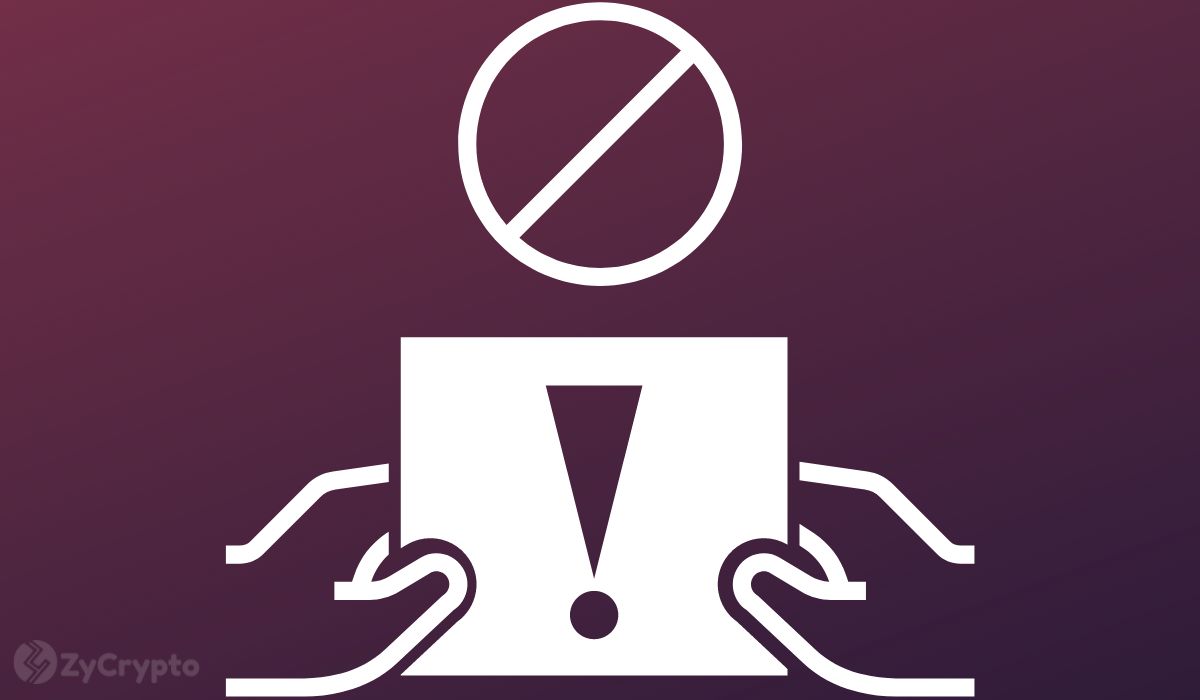The U.S. Treasury has ended its sanctions on Twister Money, a outstanding mixing service, by eradicating addresses related to the token, together with Ethereum addresses. Beneath the U.S. Treasury, the division chargeable for this choice is the Workplace of Overseas Property Management (OFAC). The checklist of banned addresses is known as the Specifically Designated Nationals (SDN) checklist. Nevertheless, the Treasury Division maintains sanctions on considered one of Twister’s founders, Roman Semenov.
In 2022, OFAC blacklisted Twister Money allegedly for facilitating cash laundering on its platform. Lazarus, a North Korean hacking group, had used the service to anonymize their stolen cash, totaling hundreds of thousands of {dollars} in stolen tokens. Twister Money is a mixer service for Ethereum and permits customers to anonymize their cash by randomly mixing them with different cash. Twister customers sued the Treasury when the service was blacklisted. Coinbase financially backed the lawsuit. The Treasury made an official announcement concerning the delisting of the crypto service:
“Primarily based on the Administration’s assessment of the novel authorized and coverage points raised by way of monetary sanctions towards monetary and business exercise occurring inside evolving expertise and authorized environments, now we have exercised our discretion to take away the financial sanctions towards Twister Money as mirrored in Treasury’s Monday submitting in Van Loon v. Division of the Treasury”.
Twister Money is a device that permits customers to make their transactions extra personal. It combines totally different transactions, making it harder for folks to trace them. Privateness advocates see the service as important for safeguarding one’s anonymity and monetary safety. Nevertheless, many governments see it as a device utilized by hackers to disguise their transactions.
In November 2024, a choose from the Fifth Circuit dominated {that a} piece of computerized software program can’t be categorized as property and, subsequently, can’t be sanctioned by OFAC.
Twister supporters are celebrating the choice by OFAC to drop the blacklisting. They argue that banning Twister as a result of Lazarus is misusing the service is like banning the web as a result of Lazarus is utilizing the net to hack crypto wallets.
The Treasury, nevertheless, additional said that it’s nonetheless involved about cash laundering, significantly the Lazarus group stealing billions from numerous crypto wallets. It plans to strike a steadiness between slicing again on crime and giving folks room to make important improvements.
“Digital property current huge alternatives,” mentioned Scott Bessent, secretary of the Treasury, “for innovation and worth creation for the American folks. Securing the digital asset trade from abuse by North Korea and different illicit actors is crucial to establishing U.S. management and making certain the American folks can profit from monetary innovation and inclusion”.
Roman Storm, Twister Money co-founder, nonetheless faces a prison trial in July for creating protocols and good contracts. Storm’s lawyer tried to get the case dropped after the November 2024 ruling. Nevertheless, Choose Katherine Failla denied the request in February, stating that Storm nonetheless defied the sanctions checklist, whatever the November ruling.
Coinbase helped finance Twister Money’s authorized protection, claiming the allegations have been unreasonable. Brian Armstrong has argued that open supply expertise advantages residents and may subsequently not be banned.












